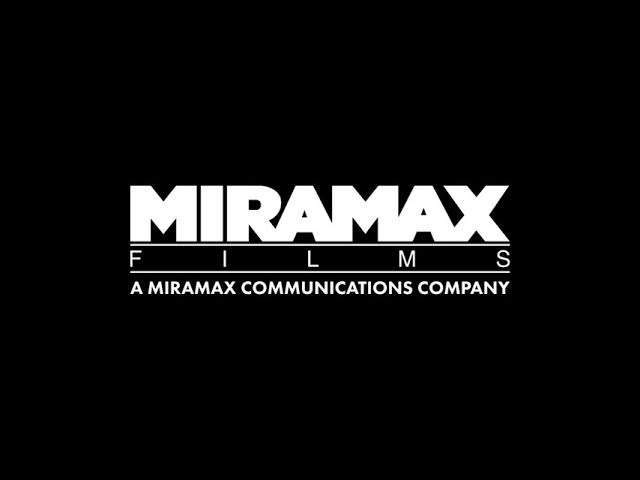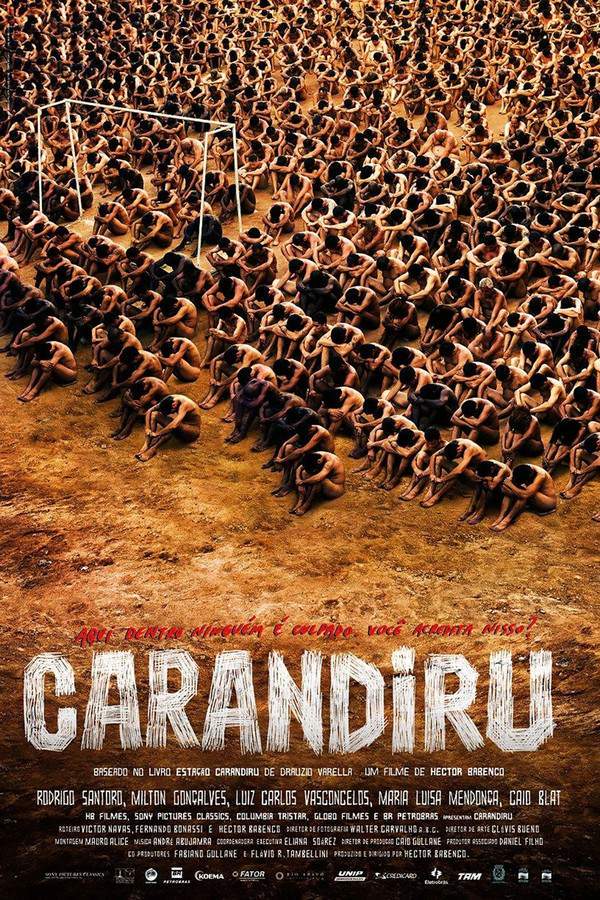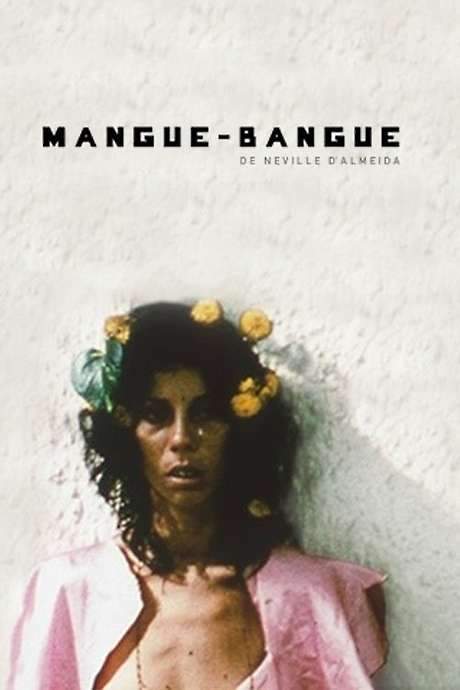City of God 2003
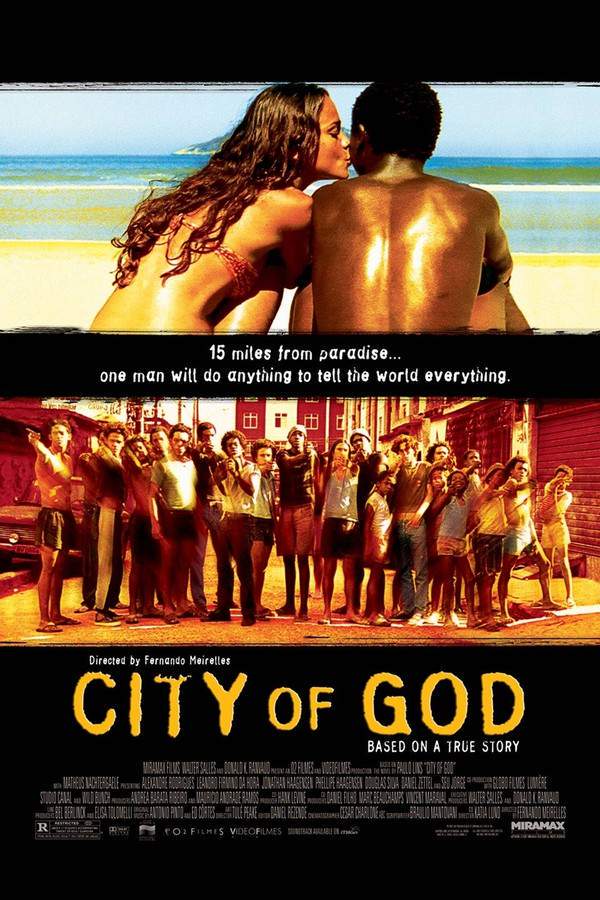
Amidst the brutal poverty and drug-fueled violence of Rio de Janeiro’s City of God, a young man seeks a way out. He begins documenting his surroundings with a camera, using photography as a means of survival and a path towards escape. The film chronicles his experiences and the lives of those around him, revealing a desperate struggle for survival in a community where hope is scarce and danger is ever-present.
Does City of God have end credit scenes?
Yes!
City of God does have end credit scenes. Stay until the very end!
Meet the Full Cast and Actors of City of God
Explore the complete cast of City of God, including both lead and supporting actors. Learn who plays each character, discover their past roles and achievements, and find out what makes this ensemble cast stand out in the world of film and television.
External Links and Streaming Options
Discover where to watch City of God online, including streaming platforms, rental options, and official sources. Compare reviews, ratings, and in-depth movie information across sites like IMDb, TMDb, Wikipedia or Rotten Tomatoes.
Ratings and Reviews for City of God
See how City of God is rated across major platforms like IMDb, Metacritic, and TMDb. Compare audience scores and critic reviews to understand where City of God stands among top-rated movies in its genre.

79
Metascore
9.0
User Score


91%
TOMATOMETER

97%
User Score

8.6 /10
IMDb Rating

84
%
User Score
Take the Ultimate City of God Movie Quiz
Challenge your knowledge of City of God with this fun and interactive movie quiz. Test yourself on key plot points, iconic characters, hidden details, and memorable moments to see how well you really know the film.
City of God Quiz: Test your knowledge on the gripping tale of survival and crime in Cidade De Deus.
What animal begins the chaotic events in Cidade De Deus?
a dog
a chicken
a rabbit
a cat
Show hint
Awards & Nominations for City of God
Discover all the awards and nominations received by City of God, from Oscars to film festival honors. Learn how City of God and its cast and crew have been recognized by critics and the industry alike.
76th Academy Awards 2004
Cinematography
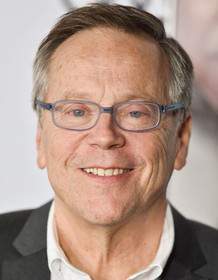
Film Editing
Writing (Adapted Screenplay)
19th Independent Spirit Awards 2004
Best Foreign Film
56th British Academy Film Awards 2003
Best Editing
60th Golden Globe Awards 2003
Best Foreign Language Film
2002 Toronto International Film Festival Awards 2002

Full Plot Summary and Ending Explained for City of God
Read the complete plot summary of City of God, including all major events, twists, and the full ending explained in detail. Explore key characters, themes, hidden meanings, and everything you need to understand the story from beginning to end.
A chicken attempts to escape from an impending meal, only to find itself pursued by an armed gang within the vibrant yet perilous Favela known as Cidade De Deus (“City of God”). The fleeing chicken stumbles between this ruthless gang and a young man named Rocket, who harbors the belief that the gang is after his life. This dramatic moment triggers a flashback that transports us back to the late 1960s.
In this era, the Favela is a recently constructed housing project, positioned far from the lively heart of Rio De Janeiro, suffering from a severe lack of basic amenities like electricity and running water. Three desperate amateur thieves who go by the name of the “Tender Trio” - Shaggy (Jonathan Haagensen), Clipper (Jefechander Suplino), and Goose (Renato De Souza) - embark on a series of heists targeting local business owners. Their brotherhood is not devoid of morality; they share a portion of their loot with the impoverished locals who, in turn, offer them a protective shield. A group of young boys idolizes these thieves, and one ambitious boy, Li’L Dice (Douglas Silva), persuades them to rob a motel.
The gang, motivated to avoid bloodshed, designates Li’L Dice as the lookout, handing him a gun with orders to fire a warning if the police appear. However, in a moment of recklessness, Li’L Dice fires not as a warning but as an executioner, resulting in a tragic massacre. This unfortunate event draws the attention of law enforcement, prompting the trio to disperse. Clipper seeks refuge in the church, Shaggy is fatally shot during an attempted escape, and Goose meets his demise at the hands of Li’L Dice after a betrayal centered around stolen money. Thus, the saga of the Tender Trio meets a harrowing conclusion.
As Li’L Dice flees the Favela, he begins a new chapter in life, still engaging in petty crimes alongside Benny (Phellipe Haagensen) to maintain a steady income. Eventually, realizing the lucrative potential of the drug trade, he transforms into Li’L Zé (Leandro Firmino Da Hora). With Benny by his side, he crushes the competition, with the exception of one remaining dealer: Carrot (Matheus Nachtergaele), alongside his manager Blackie.
In the ensuing years, the Favela evolves into a chaotic urban jungle amidst the 1970s. Rocket, now mingling with a group of hippies, develops feelings for a girl named Angelica (Alice Braga). However, his romantic pursuits are repeatedly thwarted by a troublesome gang of petty thieves known as “The Runts.” Meanwhile, Li’L Zé has fortified his grip on the drug trade, instilling fear and eliminating rivals, all while seeking to assert dominance over Carrot’s territory.
As tensions escalate, Rocket finds employment at a supermarket while Benny contemplates a fresh start outside the Favela. During a farewell gathering, chaos ensues, and the distraught Zé accidentally orchestrates the death of his only moral anchor, Benny. Following this tragic turn, Zé’s tyranny grows unchecked, leading him to commit heinous acts, including the brutal assault of Knockout Ned (Seu Jorge) and the violation of his girlfriend, stoking the fires of vengeance.
The conflict escalates as Knockout Ned, driven by the desire for revenge against Zé, resists his tyranny with the help of Carrot, igniting a violent war for supremacy within the Favela. The turmoil deepens as both factions amass an army of soldiers, propelled by forgotten vendettas. In a crucial moment, Zé commands Rocket to immortalize his gang through photographs, ultimately leading to Rocket’s unveiling to the outside world through a published scoop.
As the grip of violence tightens, Rocket finds himself at the center of a chaotic gunfight involving the police and criminal factions. With the shocking culmination of the drug war, Zé is captured, but a tragic twist awaits him. As the Runts position themselves to commandeer the criminal enterprise, Rocket grapples with a significant choice—whether to expose the corruption within the police force or seize a chance at fame through Zé’s demise.
In a calculated decision, Rocket opts to reveal Zé’s lifeless body to the world, concluding the narrative as the Runts take their place in the Favela, penning a chilling list of targets to eliminate as they vie for control over the drug domain, as the Red Brigade looms ominously in their sights.
Uncover the Details: Timeline, Characters, Themes, and Beyond!

Coming soon on iOS and Android
The Plot Explained Mobile App
From blockbusters to hidden gems — dive into movie stories anytime, anywhere. Save your favorites, discover plots faster, and never miss a twist again.
Sign up to be the first to know when we launch. Your email stays private — always.
Watch Trailers, Clips & Behind-the-Scenes for City of God
Watch official trailers, exclusive clips, cast interviews, and behind-the-scenes footage from City of God. Dive deeper into the making of the film, its standout moments, and key production insights.
City of God Themes and Keywords
Discover the central themes, ideas, and keywords that define the movie’s story, tone, and message. Analyze the film’s deeper meanings, genre influences, and recurring concepts.
City of God Other Names and Titles
Explore the various alternative titles, translations, and other names used for City of God across different regions and languages. Understand how the film is marketed and recognized worldwide.
Articles, Reviews & Explainers About City of God
Stay updated on City of God with in-depth articles, critical reviews, and ending explainers. Explore hidden meanings, major themes, and expert insights into the film’s story and impact.
Similar Movies To City of God You Should Know About
Browse a curated list of movies similar in genre, tone, characters, or story structure. Discover new titles like the one you're watching, perfect for fans of related plots, vibes, or cinematic styles.
Quick Links: Summary, Cast, Ratings, More

What's After the Movie?
Not sure whether to stay after the credits? Find out!
Explore Our Movie Platform
New Movie Releases (2025)
Famous Movie Actors
Top Film Production Studios
Movie Plot Summaries & Endings
Major Movie Awards & Winners
Best Concert Films & Music Documentaries
Movie Collections and Curated Lists
© 2025 What's After the Movie. All rights reserved.


